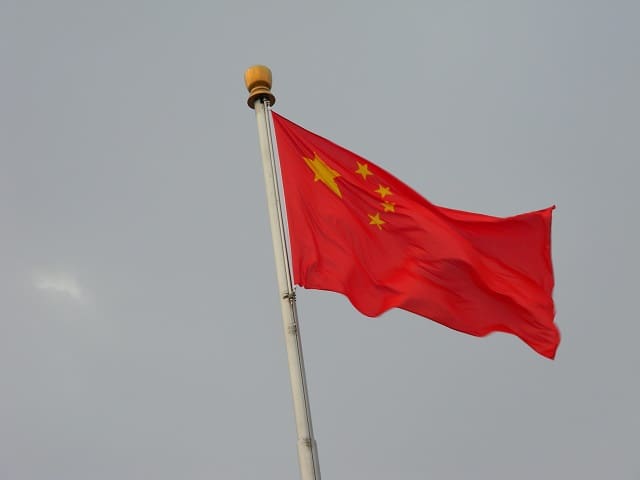CHINA’s changing agricultural policy presents new opportunities and challenges for Australia’s dairy, grain and meat exporters, according to “The future of Chinese agricultural policy” report released today.
Acting ABARES executive director, Peter Gooday, said a clear understanding of the policy environment would help Australia’s agriculture industry to make the most of opportunities in China.
 “China is one of the world’s great agriculture producers, importers and exporters and a valuable trading partner for Australia,” Mr Gooday said.
“China is one of the world’s great agriculture producers, importers and exporters and a valuable trading partner for Australia,” Mr Gooday said.
“What happens in China can affect global agricultural markets and this can impact on Australian farmers and exporters in different ways.”
Mr Gooday said in recent years China’s agricultural policy had been changing and the emphasis was now on supply-side structural reform and revitalisation of rural areas.
“These changes will likely be positive for Australian beef and dairy exports, but could have mixed implications for grains,” he said.
“China’s food demand will keep growing and consumption will move towards western-style diets and higher intake of dairy, beef, sheep and goat meat, fruit and vegetables.
“Improved food safety standards will see an increased demand for meat from countries like Australia, where high food safety standards are already in place.
“Policies to increase beef production and beef and dairy genetics could support increased demand for live feeder cattle, bovine semen and breeder cows.
“China is also aiming to increase milk production by 6 per cent and dairy product production by 28 per cent by 2020, which could support increased imports of milk powder.
“For grains, their focus is on improving domestic grain production and the outlook for import demand is unclear at this stage.”
Source: ABARES
The full ‘ABARES Insights – Analysis of the Future of Chinese agricultural policy’ report is available at agriculture.gov.au/abares/publications/insights/future-of-Chinese-agricultural-policy.
The majority of the information presented in this report is also included in ‘The Future of Chinese Agricultural Policy’ report, which is available at agriculture.gov.au/abares/research-topics/trade/future-Chinese-agricultural-policy.

HAVE YOUR SAY